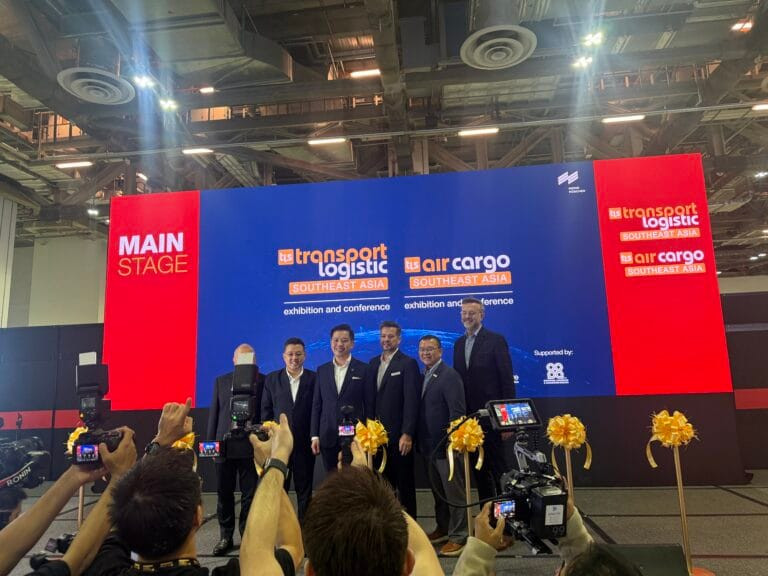- At air cargo Southeast Asia 2025, industry leaders highlighted that ASEAN airfreight’s future depends on agility, sustainability, and responsiveness, not just capacity or connectivity
- Carriers like MAB Kargo and Challenge Group are focusing on ground-based sustainability measures, including energy-efficient warehouses, electric ground equipment, and fleet optimisation, while acknowledging SAF limitations
- Digitalisation and AI are seen as critical tools for transparency, collaboration, and adapting to volatility, with airlines, forwarders, and airports urged to share insights early to stay competitive
If 2024 was the year air cargo found stability, 2025 is shaping up as the year it learns to move smarter. At air cargo Southeast Asia 2025 in Singapore, regional and global leaders agreed: the future of airfreight in ASEAN will hinge not just on capacity or connectivity, but on how fast the sector can adapt to a changing planet and economy.
The panel “Sustainable Growth of Air Cargo in Southeast Asia” brought together heavyweights from Etihad Airways, Qatar Airways Cargo, MAB Kargo, and Challenge Group to tackle the question every airline is now asking: how to stay profitable and green in an unpredictable world.
While sustainable aviation fuel (SAF) dominated the discussion, speakers were frank about its limits. “We all wait for the solution to SAF, and I think everybody here would agree it’s not there yet,” said Mark Jason Thomas, CEO of MAB Kargo. “But if we wait for that, we’ll miss opportunities to take positive action now.”
For MAB Kargo, that action begins on the ground. The carrier is developing a warehouse three times its current size — designed for energy efficiency and long-term sustainability. “It’s not just about functionality,” Thomas said. “It’s about ensuring every part of our infrastructure is as eco-conscious as possible.”
Or Zak, Chief Commercial Officer of Challenge Group, offered a similar view: “We replaced all our GSE equipment with electric units and optimised our fleet using weight-and-balance software. But SAF availability is still extremely limited and costly — especially across the Indian Ocean region.”
The conversation quickly turned to volatility – a defining characteristic of today’s cargo trade. “The system we had three years ago doesn’t exist anymore,” Zak noted. “We need to be much more natural and responsive. Listening to customers and adjusting networks fast is the only way to survive.”
As supply chains digitise, panellists said data transparency is becoming a key differentiator. Stanislas Brun, Chief Cargo Officer at Etihad Airways, warned that digitalisation “has been discussed for a decade, but the next wave is AI”. He added: “It’s about choosing the right tools — ones that create real value for customers.”
For Brun, sustainability and digitalisation are linked through collaboration. “We can’t work in silos anymore. Airlines, forwarders, and airports need to share insights early. That’s how we stay ahead.”




